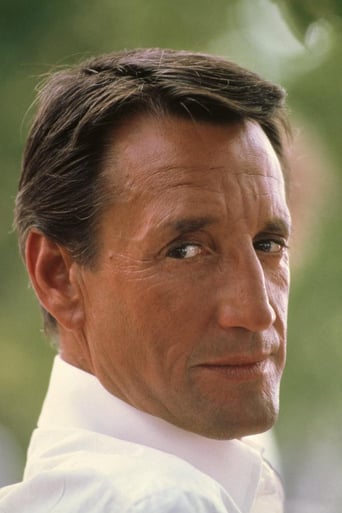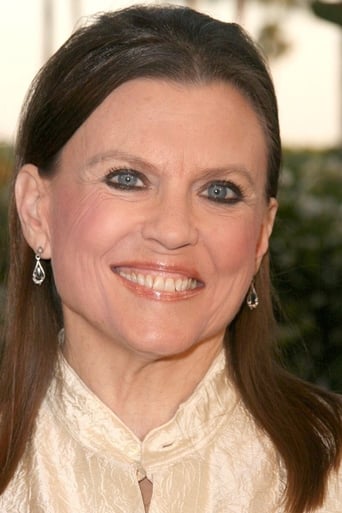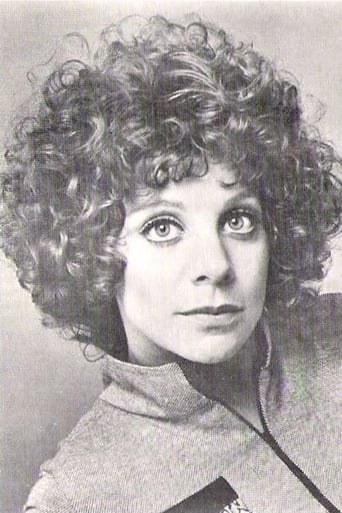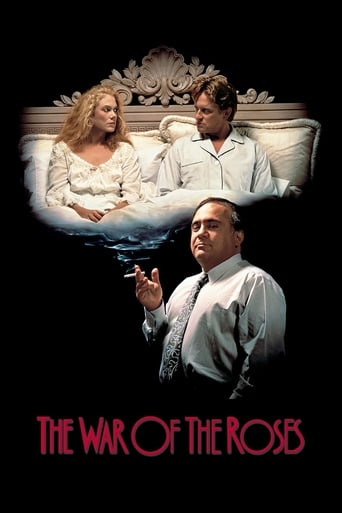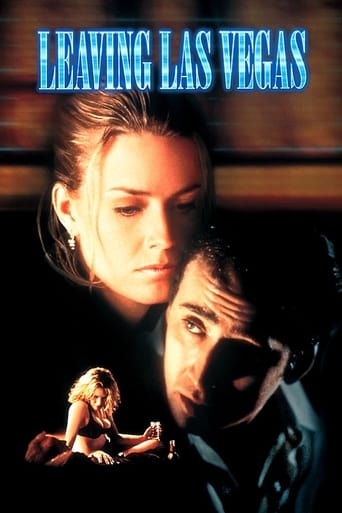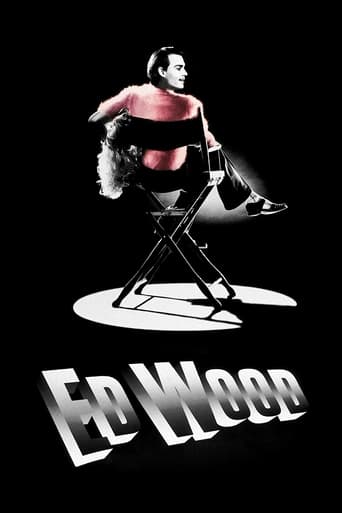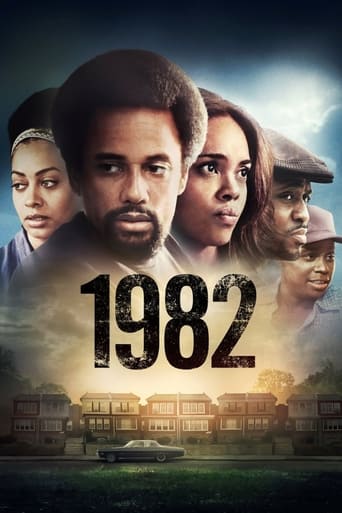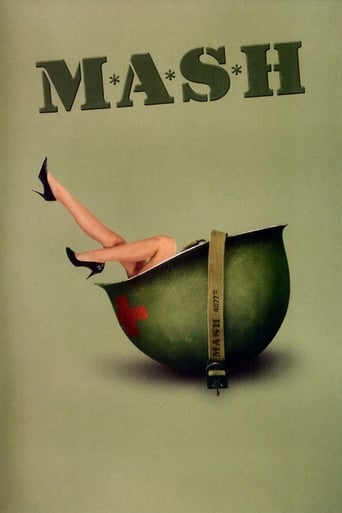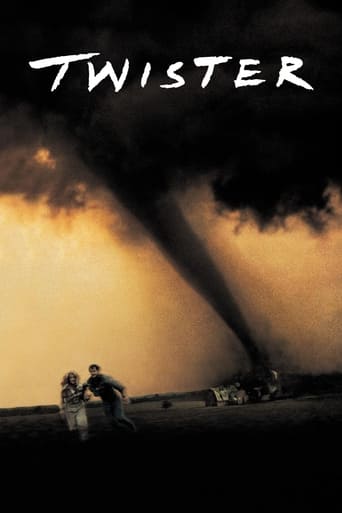
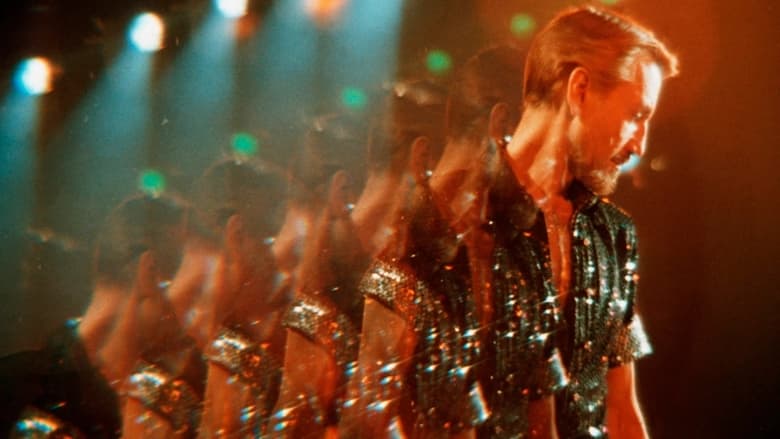
All That Jazz (1979)
Joe Gideon is at the top of the heap, one of the most successful directors and choreographers in musical theater. But he can feel his world slowly collapsing around him - his obsession with work has almost destroyed his personal life, and only his bottles of pills keep him going.
Watch Trailer
Cast


Similar titles
Reviews
Lack of good storyline.
Pretty good movie overall. First half was nothing special but it got better as it went along.
The story, direction, characters, and writing/dialogue is akin to taking a tranquilizer shot to the neck, but everything else was so well done.
It's funny, it's tense, it features two great performances from two actors and the director expertly creates a web of odd tension where you actually don't know what is happening for the majority of the run time.
Editing is the life and breath of All That Jazz, the glue that binds every hazy strand of director choreographer Joe Gideon's life together. Sweet Charity had already demonstrated Fosse's prowess in syncing movement with sound - that's just basic choreography. Here he injects rhythm with the cuts themselves, condensing an afternoon of initial dance rehearsals into a montage bursting with vitality and colour. The dancer's movements are spliced and rearranged into a single cohesive unit - graphic matches merge their individual pirouette into one multicoloured blur, like a spinning top. They drag their feet to the sultry beat of George Benson's On Broadway, and leap into the air in perfect sync. The experience is a complete performance on its own, and already Joe has his eyes on a select few (and not just purely for their dancing). For him the only ritual more steadfast and constant is in his morning sacrament, a Dexedrine, AlkaSeltzer, and copious eyedrops, all enlarged in grotesque extreme close-ups. Is playing Vivaldi over it all an attempt to convince himself of some semblance of serenity? If so, it's an uphill battle. This daily intravenous drip allows him the zest to commit to several different creative projects at once, a string of women and a thick smog of chain-smoking, and then to do it all again the next day. Joe is a true artist in the sense that he is a perfectionist in his work, and a hurricane's wake in his private life. This being showbiz, the two often intermingle in an incestuous embrace, with dance as the sole bridge for conversation. That may be the only way to get his attention, as all three of ex-wife, girlfriend and daughter discover. Joe may have giddy tears in his eyes as the latter performs an impromptu rendition of Peter Allen's Everything Old Is New Again, but the acerbic cut to his morning routine suggests an unchanged man.Why does he throw himself into these projects, even at death's door? Some contemporary critics note the flaw of his impenetrable character; Joe's motivation remains ever-obscured behind a haze of drugs, sex and musical numbers, with hardly a moment devoted to why. Why? The show is his life, and his life is a show, forever destined to contest for centre stage. They can chastise his lack of devotion or loyalty all they want - it isn't something he doesn't already know anyway - as long as it's done in costume, and in time. Fosse's choreography suffers none from this maddened attentiveness; his bodies stuttering from movement to a frozen strut, limbs cocked at odd angles and splayed across each other. It's sexy and suave all at once, and none too pleasing for the anxious financial backers sitting in the test audience. "Now Sinatra will never record it," they moan as the dancers bare their chests (and see how Fosse splices together their yawns in the opening rehearsal). Joe is loyal only to Angelique, an angel of death played by the glittery Jessica Lange. Their tango takes place in an imaginary set decorated with both past and present relics of his life, costumes once worn and now discarded. She's his witty equal, an angelic figment of the imagination that is at his every beck and call - no other girl could suffice, or put up with his constant professional negligence. His daughter Michelle gives it her best shot, although her presence is one of the film's glaring oversights, a chatty, flippant teenager who only fits within this frenetic, showbiz lifestyle because Fosse pipes in her wit through poorly dubbed ADR. Watching her tease Joe on the free-flowing sexuality of one of his numbers is like witnessing a comedic skit of an entirely different film.Only in his daydreams do these dances attain his final seal of approval. While the business executives are busy musing over the potential financial gain of his early demise (bluntly overlaid graphic images of his dissection), he's hard at work stage-managing procession. It's usually here that detractors bemoan Fosse's excess, the self-indulgence of an artist who can't even bow out without a blasting fanfare and at least three elaborate set pieces. In some ways, they're not wrong (I like my dream sequences fleeting and with a devastating gut punch, like the finale of Claire Denis' Beau Travail). And yet, why would Gideon/Fosse ever want to hold back? A little heart attack never hurt anyone, not when there is dancing and directing to be done. It's showtime, and the show must go on.
I don't know why musical films are all so good. May be, I haven't seen the bad ones.It is said that, as the death comes closer, you will see your life like a flash back. Here in this movie, the hero makes an interaction with death. Unlike Ingmar Bergman's The Seventh Seal, death is beautiful, peaceful and cheerful here.Joe Gideon, is a Director and Choreographer. He is getting ready for a big show. The film shows how he deals with the hard work, with the drug using and womanized character.The film has a great energy and Amazing beauty like any other musical films.It was nominated for 9 Oscars and won 4 of them.Do not miss this movie. Go ahead and watch. #KiduMovie
1979 All That Jazz (Musical) After Watched (Chinese comments)http://tonkabean-movie.blogspot.hk/2017/05/1979-all-that-jazz.htmlSince can not type Chinese here, I just show my link with Chinese comments.* I like this movie very much. * and over I expect movie but that's I want such kind of musical movie.
"All That Jazz" is a strange sort of autobiographical, self-referential, kind of surreal black comedy musical and character study of sorts. If that sounds really weird, that's because it is. But as strange as the film is, it's also incredibly original, and I kind of loved it.Joe Gideon is self centered and a sex addict. He won't let anyone else love him because he hates himself. And he loves to hate himself. He's also an insane perfectionist. No scratches that. He's not just a perfectionist, no one can please him, not even himself. His goal seems to be to create something he considers perfect, but he can't help but hate everything he does. He doesn't seem to care much about his life, and the only thing he seems to think about is dance. We get a look into his mind and all we see is a lady that Joe thinks is perfect (and that we never see in his real life) and a stage. Oh, also, it becomes increasingly obvious that Joe is actually Bob Fosse, the director of this film.The film charts his sort of trip into insanity, and as he begins dieing, his life becomes more and more consumed by his dance numbers, until eventually he can't tell whats even real and what's fake. The show business and dance numbers eventually become his life, and before he can reach what he considers perfection, it cuts to his dead body.Speaking of the editing, it's absolutely fantastic throughout the whole film. It's fast and mirrors the way that the character feels, such as the morning routine. It starts with close ups of him showering, taking pills, eye drops etc... Then it cuts to a wide shot of Joe standing before he says "It's show-time, folks!". This shows how he is not truly himself until he has entered the show business, and also shows that he thinks about his life as just a show, a production. As the film progresses, it becomes harder for him to continue in his "show" and the editing reflects this. There are many clips quickly edited together of him coughing and trying to say "It's show- time" but he can't quite get it out. As well as a slow motion close up of him taking the pills, and many other fantastic editing moments, not only in this scene, but in the whole film. It connects past, present, future, memory, and fantasy with ease and it's amazing to watch.This also contains easily Roy Scheider's greatest performance. He becomes this suffering, lonely, self indulgent character and it blew me away. This film may be very strange, and as self indulgent as the main character, but its also really great and there's nothing quite like it.


